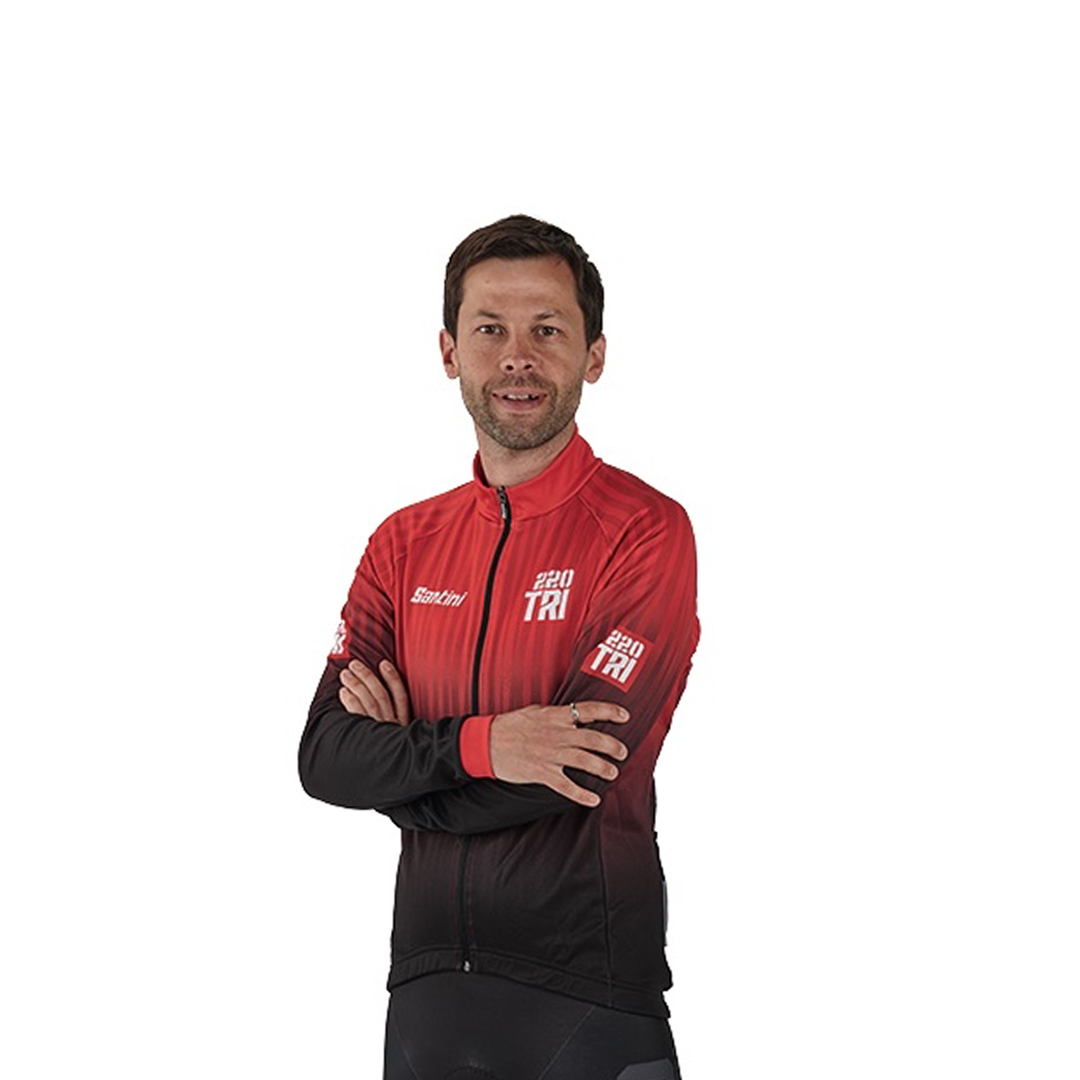"The answer to the question ‘how much should I drink?’ may not be as straightforward as many would like it to be," says Andy Blow, the founder of Precision Fuel & Hydration, who is also a former Team Sports Scientist for Renault’s Formula 1 team.
"The standard fluid intake guidelines are around 500ml an hour, but they’re fundamentally flawed," adds Blow. "For instance, a person’s size will play a big part in how much fluid they can tolerate, so recommending 500ml across the board fails to consider individual differences.
"For example, an athlete who weighs in at 55kg will arguably need less than someone hitting the scales at 100kg. By all means use the guidelines as a starting point, but from our experience a personalised approach is best. That means you should combine an element of drinking to thirst, using your experience and listening to your body."
How much does dehydration affect athletic performance?
In terms of performance, an Australian study found that when cyclists exercise in 32°C heat their power output drops by 6.5%, while dehydration, cramping and hyponatremia (when the concentration of sodium in your blood is abnormally low) are all dangers when exercising in the heat.
- Heat exhaustion warning signs – don't ignore the hidden dangers and spot the signs early before it becomes a medical emergency
- As temperatures soar, here are 9 top tips for how to beat the heat and stay cool during a heatwave
"Heat acclimatisation is useful if you have a sporting event that's taking place somewhere hot, as it teaches your body to sweat, and you can also do this at lower intensities indoors," continues Blow, who raced Ironman triathlon professionally before starting Precision Fuel & Hydration. "When you’re on the treadmill or indoor bike, turn off the fan and/or shut any windows and you’ll gradually improve. You can also move the treadmill or indoor bike to somewhere hot such as a conservatory.
"Heat treadmill and indoor cycling sets are also an ideal time to practise your hydration strategy. And, if you don’t have an indoor bike or treadmill but want to keep exercising outdoors, you can look at wearing more layers on your training runs ahead of your event." Precision Fuel & Hydration also have a host of fuelling plans online.
Also find psychosomatic ways to keep cool as well, such as rubbing cold water across your neck or spraying water on you. Although it won’t really cool you down, it could give the impression it will.
"Drinking a strong electrolyte drink to optimise your hydration status before long, hot or really hard runs and events can significantly improve your performance," advices Blow. "This is ‘preloading’. There’s strong evidence that taking in additional sodium with fluids before you start sweating is effective in promoting increased acute fluid retention and in improving endurance performance, especially in the heat."
Top image: Getty







